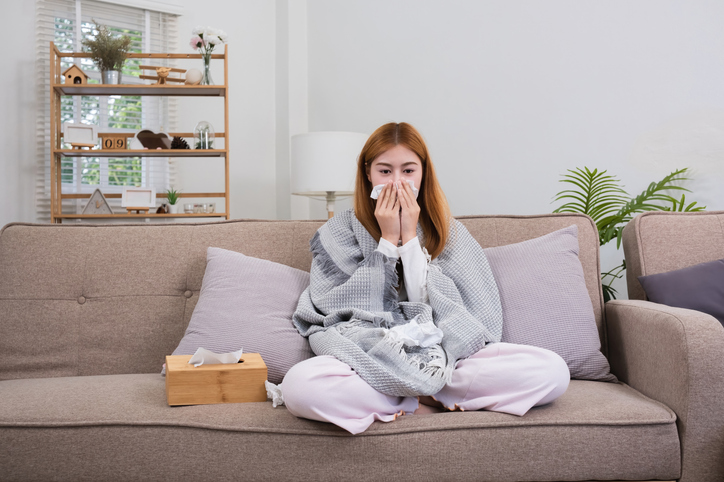Allergy symptoms can negatively impact your daily life. Whether you face sneezing, a runny nose, or itchy eyes, the impact of allergy symptoms can be brutal. Some people may notice symptoms with the slightest exposure to a trigger, while others may need to reach a higher threshold before their allergy symptoms appear. Understanding your allergy symptom threshold is critical to making sure you do not get caught unprepared to handle your symptoms. Below, you will find helpful information about how to manage your allergies.
Understanding Your Allergy Symptom Threshold
You must know your allergy symptom threshold to effectively manage your allergies. The threshold refers to the level of exposure to allergens at which your body starts to show signs of an allergic reaction. Once you hit your threshold, your symptoms become present. These may include sneezing, coughing, itchy eyes, or a rash. Each person is uniquely different, which means everyone’s threshold is also different. Consider the following factors that influence your allergy threshold.
Overall Health
Your overall health status impacts your allergy symptom threshold. If you are in poor health, your threshold may be lower than normal. Feeling sick, stressed, or tired can also be a sign of a weakened immune system. Hormonal changes can also impact your threshold.
Exposure to Allergens and Irritants
Exposure to allergens and irritants can result in a low allergy symptom threshold. Common allergens include pet dander, pollen, and mold, while common irritants are pollution, cigarette smoke, and chemicals. Allergens and irritations can increase your sensitivity and lead to unwanted allergy symptoms faster.
Extent of Exposure
The amount of allergens you are exposed to can impact the speed at which your allergy symptoms develop and indicate a lowered allergy symptom threshold or high allergen content in your surroundings. For example, living with a pet and being around someone who smokes can cause a more intense allergic reaction. The more allergens you are exposed to, the more likely you are to hit your allergy symptom threshold.
Managing Your Allergy Symptoms
Reducing your exposure to allergens and improving your health can improve your quality of life. Consider the following ways you can effectively manage your allergy symptoms.
Consult with an Allergy Specialist
Managing your symptoms on your own can be daunting and, if poorly executed, can lead to more serious health issues. If you think you have allergies, consult with an allergy specialist right away. They can diagnose your allergies and provide you with an effective allergy treatment plan.
Minimize Your Exposure
Once you know what your primary allergen triggers are, you can work to find ways to minimize your exposure to them. Common allergens include pollen, dust mites, and pet dander. Minimizing your exposure to these triggers may involve following a more intensive cleaning schedule. Be sure to regularly vacuum, sweep, and mop your floors and wash your bedding to rid your home of allergens. You can also consult with an allergy specialist in New York for tips on how to minimize your exposure to allergens.
Take Care of Your Health
Managing your overall health is necessary when determining how best to manage your allergies. A central aspect of this includes getting good sleep. You should shoot for at least 7 to 9 hours of quality sleep each night. You will also need to manage your stress to lessen the impact of your allergies and improve your overall health. Beneficial stress-relieving activities may include regular exercise, meditation, or yoga. Try to get 150 minutes of moderate physical activity each week. All of these practices combined can improve your body’s immune system.
Allergy Specialist in New York
Finding an effective treatment plan is key to managing your allergies. If you have unruly allergies, contact an allergy specialist in New York. Dr. Mayank Shukla has helped countless patients take control of their lives. Contact his office to schedule your appointment today!

